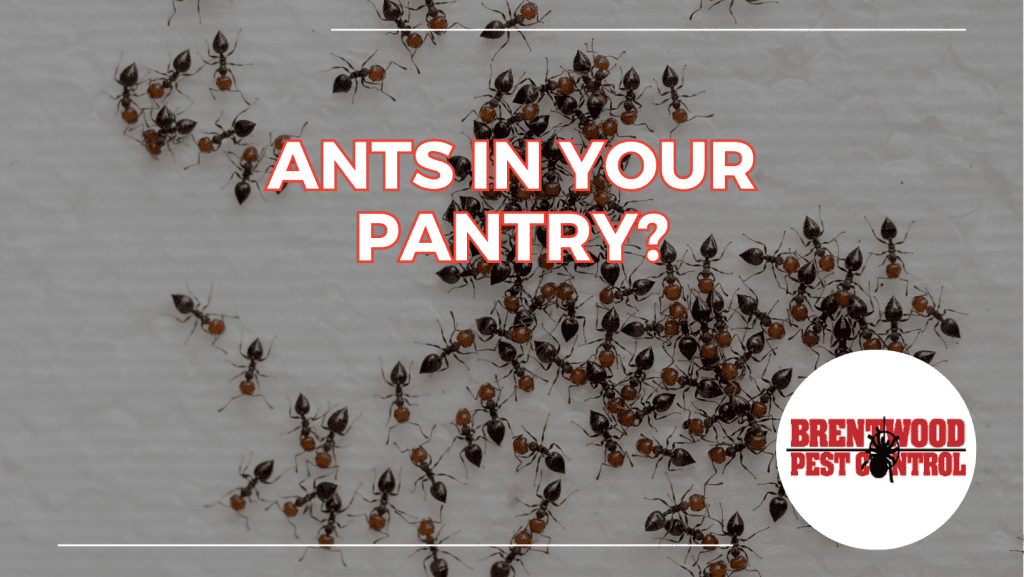
Summer brings warm weather, long days, and, unfortunately, an influx of ants into our homes, particularly the kitchen. Ants are notorious for their ability to find the smallest crumbs and access even the tiniest cracks. Understanding why ants invade homes during the warmer months and implementing effective prevention strategies can help keep these pesky invaders at bay.
Why Ants Invade Homes in Summer
Ants are more active during the summer for several reasons:
1. Warm Weather: Ants thrive in warm temperatures, which speed up their metabolism and colony activities.
2. Food Gathering: Summer is a critical time for ants to collect food to sustain their colonies through the winter.
3. Increased Moisture: Ants are attracted to moisture, which is more prevalent during the summer due to increased watering of gardens and more frequent rain.
Common Types of Summertime Ants
Knowing the types of ants commonly found in homes can help in identifying the best control strategies. Some common types include:
– Odorous House Ants: Known for their distinctive odor when crushed, these ants are often found in kitchens.
– Carpenter Ants: These ants can cause structural damage as they tunnel through wood.
– Pavement Ants: Typically found in cracks in driveways or pavements, they can also invade homes.
Effective Ant Prevention Strategies
Preventing an ant infestation requires vigilance and regular maintenance. Here are some proven strategies:
1. Keep It Clean: Regularly sweeping and vacuuming floors, wiping down surfaces, and promptly cleaning up spills can remove food sources that attract ants. Pay special attention to crumbs and sticky residues, particularly in the kitchen.
2. Store Food Properly: Use airtight containers to store food, especially sweets and high-protein items that attract ants. Consider keeping sugary items in the fridge to further deter ants.
3. Seal Entry Points: Ants can enter through the smallest cracks and crevices. Inspect your home’s exterior and use caulk to seal any gaps around windows, doors, and foundations. Additionally, trimming trees and vegetation that touch your home can prevent ants from using these as bridges.
4. Avoid Excess Moisture: Fix leaky pipes, ensure gutters are functioning properly, and avoid standing water around your home. Ants are drawn to moist environments, so reducing moisture can make your home less attractive to them.
5. Use Natural Repellents: Several natural substances can deter ants. Place salt, baby powder, lemon juice, chalk, vinegar, bay leaves, cinnamon, or peppermint oil in areas where ants are seen. A spray made from water and essential oils like citrus, tea tree, or peppermint can be effective when applied along baseboards and windowsills.
Additional Tips for Ant Control
– Take Out the Trash Regularly: Ants are attracted to garbage. Empty indoor trash cans frequently and ensure that outdoor bins are tightly sealed.
– Clean Pet Bowls: Pet food can attract ants. Clean up spills and store pet food in airtight containers.
– Fix Screens and Doors: Ensure window and door screens are in good repair and fit tightly to prevent ants from entering.
– Eliminate Trails: If you see ants, wipe down the trails they follow with disinfectant to remove the pheromone trail that guides other ants to the food source.
Handling an Infestation
Despite best efforts, ant infestations can sometimes still occur. When this happens, professional help may be necessary. Licensed pest control professionals can effectively eliminate ant colonies and provide ongoing protection to prevent future infestations.
If you’re struggling with an ant infestation or want to prevent one, contact Landscape Solutions. Our expert team can help you implement effective ant control strategies to keep your home ant-free this summer. Call us at (615) 852-5009 or visit our website for more information and to schedule a consultation.
By understanding why ants invade homes during the summer and taking proactive steps to prevent them, you can enjoy a pest-free kitchen and home. Keep your space clean, store food properly, seal entry points, manage moisture, and use natural repellents to create an environment that ants will avoid. And remember, if ants do become a problem, professional help is just a call or click away with Landscape Solutions.
